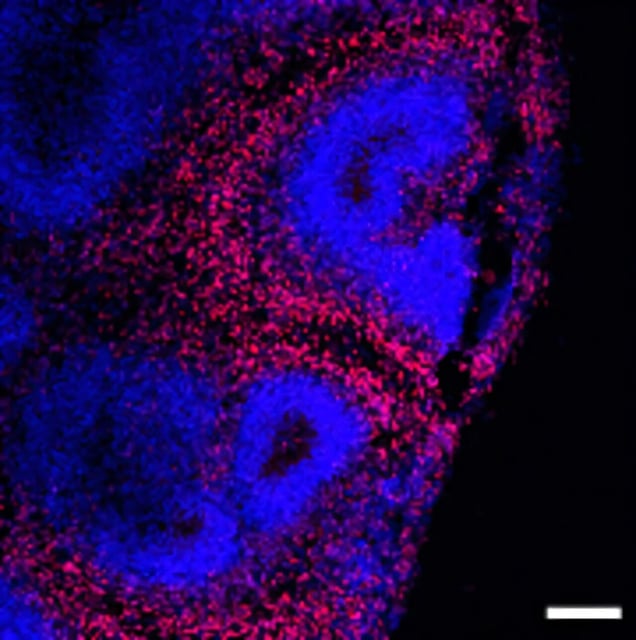Overview
- Published on 14 August 2025 in Stem Cell Reports, the peer-reviewed study used stem cell-derived brain organoids from individuals with familial Alzheimer’s mutations to recapitulate early disease features including amyloid accumulation, reduced neuronal maturation and increased cell death.
- Gene analysis revealed a consistent reduction in TMSB4X expression in both fAD organoids and post-mortem Alzheimer’s neurons, identifying thymosin β4 as a potential therapeutic target.
- Treatment of fAD organoids with thymosin β4 lowered amyloid levels, increased neuronal maturation and normalized disease-associated gene expression.
- In mouse models carrying fAD mutations, thymosin β4 administration similarly reduced amyloid burden, restored gene expression profiles, dampened inflammation and decreased neuronal hyperactivity.
- Researchers stress that despite these encouraging findings, comprehensive safety and efficacy assessments are needed before considering human trials.
